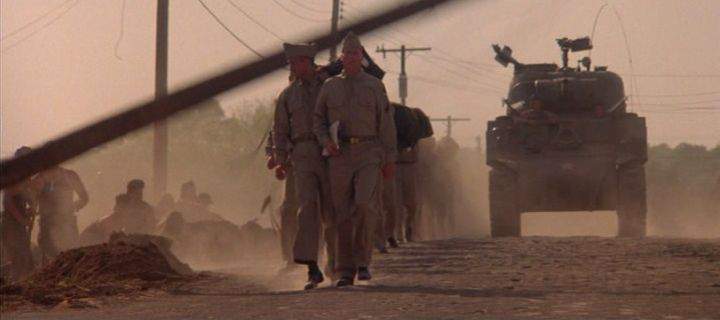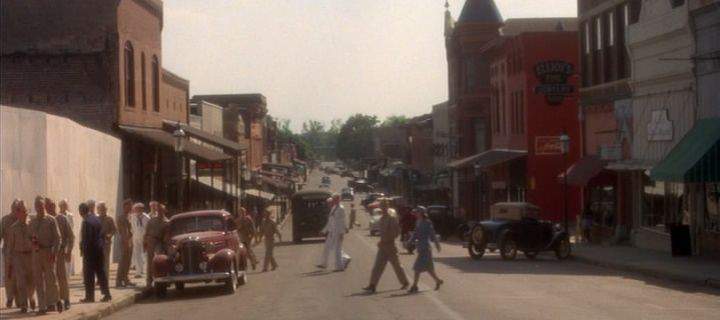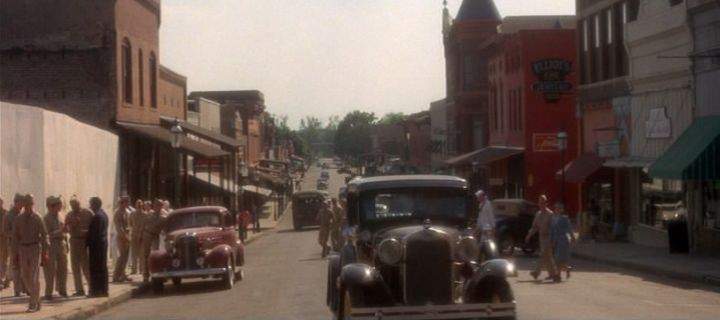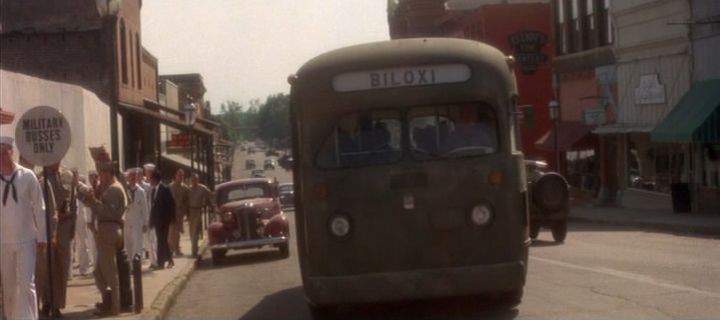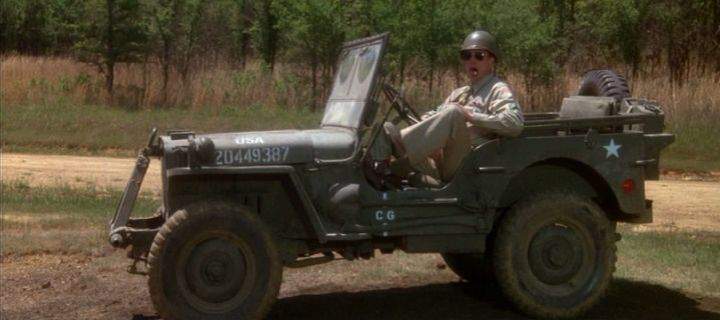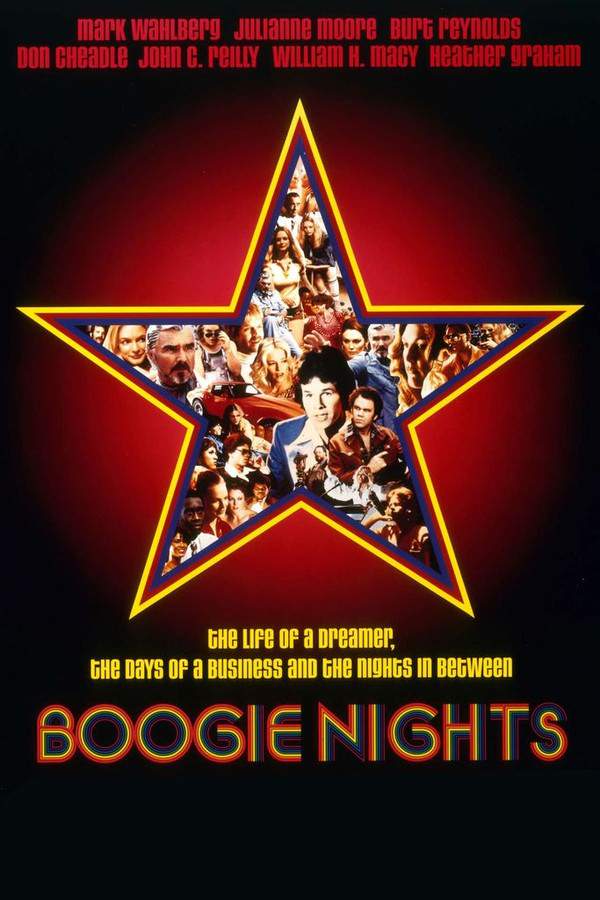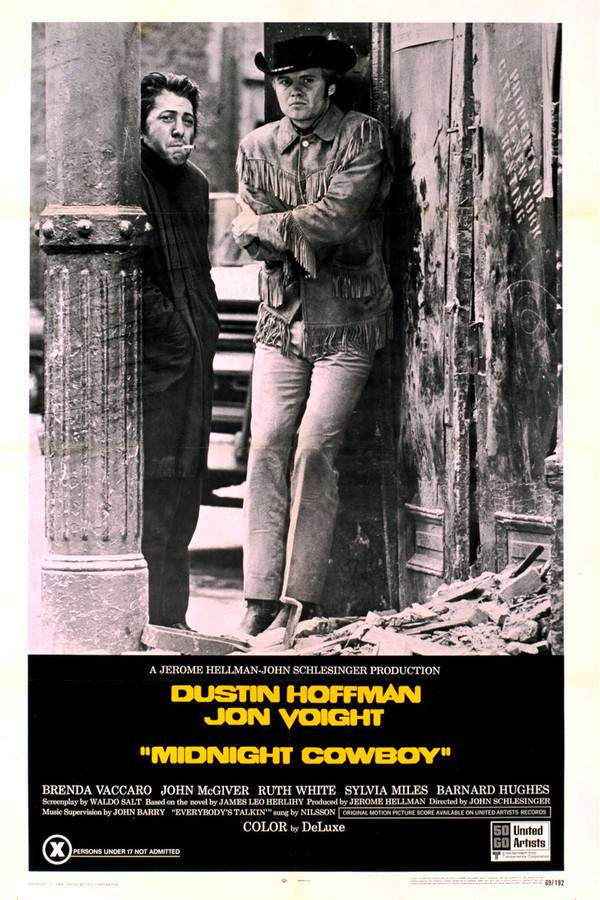Biloxi Blues 1988
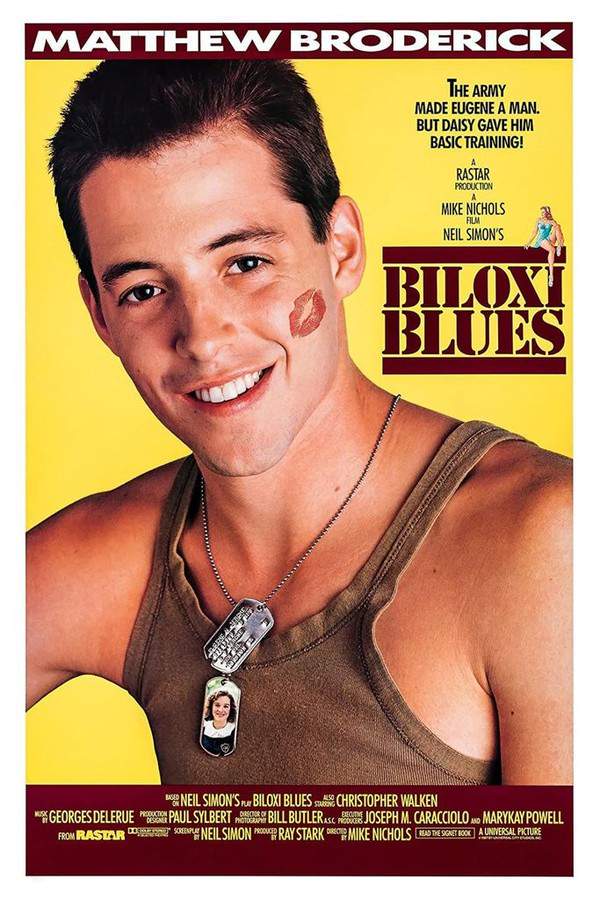
In this semi-autobiographical story, Eugene Morris Jerome, played by Matthew Broderick, leaves Brooklyn for boot camp in Biloxi, Mississippi, during the 1940s. He faces the rigors of military training under the strict Sergeant Toomey, portrayed by Christopher Walken. Eugene’s journey to adulthood is interwoven with encounters with a charming local woman and a spirited prostitute, all within a vibrant comedy-drama setting.
Does Biloxi Blues have end credit scenes?
No!
Biloxi Blues does not have end credit scenes. You can leave when the credits roll.
Meet the Full Cast and Actors of Biloxi Blues
Explore the complete cast of Biloxi Blues, including both lead and supporting actors. Learn who plays each character, discover their past roles and achievements, and find out what makes this ensemble cast stand out in the world of film and television.
External Links and Streaming Options
Discover where to watch Biloxi Blues online, including streaming platforms, rental options, and official sources. Compare reviews, ratings, and in-depth movie information across sites like IMDb, TMDb, Wikipedia or Rotten Tomatoes.
Ratings and Reviews for Biloxi Blues
See how Biloxi Blues is rated across major platforms like IMDb, Metacritic, and TMDb. Compare audience scores and critic reviews to understand where Biloxi Blues stands among top-rated movies in its genre.

61
Metascore
8.8
User Score


76%
TOMATOMETER

63%
User Score

6.7 /10
IMDb Rating

63
%
User Score
Take the Ultimate Biloxi Blues Movie Quiz
Challenge your knowledge of Biloxi Blues with this fun and interactive movie quiz. Test yourself on key plot points, iconic characters, hidden details, and memorable moments to see how well you really know the film.
Biloxi Blues Quiz: Test your knowledge on the key themes and characters of the film Biloxi Blues from 1988.
What year does Biloxi Blues take place?
1940
1945
1950
1939
Show hint
Full Plot Summary and Ending Explained for Biloxi Blues
Read the complete plot summary of Biloxi Blues, including all major events, twists, and the full ending explained in detail. Explore key characters, themes, hidden meanings, and everything you need to understand the story from beginning to end.
In the year 1945, amidst the turbulent backdrop of World War II, a group of recruits boards a train bound for Biloxi, Mississippi for their boot camp training. The eclectic mix of draftees includes Private Eugene Jerome, an aspiring writer who meticulously documents his observations in a private journal; Arnold Epstein, an intellectual from New York; Joseph Wykowski, a towering figure likely to be their unit’s best soldier; Roy Selridge, a boastful sycophant; Don Carney, who dreams of a singing career; and the mostly soft-spoken James Hennesey.
Upon arrival at the training camp, Jerome comments on the sweltering heat. The recruits quickly meet their drill sergeant, Merwin Toomey, who bears the scars of war, including a steel plate in his skull. Despite Toomey’s jovial demeanor, his tough edge soon reveals itself when Epstein challenges his orders during muster, prompting Jerome to stumble through his response and face penalties. However, by chance, Jerome escapes punishment while the rest follow Toomey’s strict commands.
Meal times prove uncomfortable, with the recruits finding the food near inedible. Toomey stops to inform them they will march 15 miles at 5 AM the next day. Epstein’s objection leads to a grueling latrine duty for him, while the looming punishment for Wykowski and Selridge hangs over the other recruits. Later, Toomey’s overwhelming presence causes unrest among the recruits, who must finish their meals under his watchful eye.
On a long march through the swampy Mississippi, Toomey challenges the platoon to think on their feet when they encounter a pond obstacle. Jerome is tasked with choosing a volunteer to wade through, but finds himself at a loss until he reluctantly selects Wykowski—a decision that leads to comic misfortune when Wykowski struggles to stay afloat. As night falls, Jerome proposes a contest to share their final fantasies, igniting a spirited competition among the recruits about their wildest dreams if they had only one week to live.
The weekend brings a leave that sees Jerome and Carney planning to visit a local prostitute with Selridge and Wykowski. When a theft occurs, Toomey’s stern approach to discipline becomes evident. Tensions flare as Epstein bravely confronts Toomey, unveiling the sergeant’s hypocrisy when he admits to stealing the money meant for Wykowski.
In Biloxi, the recruits encounter a reality of young women eager for dances and conversation. Their experiences starkly contrast back at the barracks, where Wykowski discovers Jerome’s diary, igniting anger among the platoon as it reveals their private thoughts. Conflict arises, showcasing simmering resentments and tensions within the unit, especially when Epstein confronts the implications of being perceived as gay.
As their training nears completion, a series of events—including an unexpected confrontation involving Toomey and a gun—culminate in a dramatic moment of vulnerability and courage. Toomey’s admission of guilt before the platoon changes the dynamic between them, prompting a surprising act of unity when they collectively decide on a fitting punishment.
Eventually, when the recruits board another train for the Pacific, Jerome reflects on the camaraderie formed through adversity, recognizing the strength and dignity of his fellow soldiers. Each recruits’ life trajectories unfold, revealing their aspirations beyond the Army: Selridge stays enlisted but remains a private, Wykowski returns to family life, Carney takes to teaching, Epstein emerges as a prominent District Attorney, and Jerome fulfills his dream of becoming a successful writer, weaving a tapestry of their intertwined destinies in a world forever changed by war.
Uncover the Details: Timeline, Characters, Themes, and Beyond!

Coming soon on iOS and Android
The Plot Explained Mobile App
From blockbusters to hidden gems — dive into movie stories anytime, anywhere. Save your favorites, discover plots faster, and never miss a twist again.
Sign up to be the first to know when we launch. Your email stays private — always.
Watch Trailers, Clips & Behind-the-Scenes for Biloxi Blues
Watch official trailers, exclusive clips, cast interviews, and behind-the-scenes footage from Biloxi Blues. Dive deeper into the making of the film, its standout moments, and key production insights.
Cars Featured in Biloxi Blues
Explore all cars featured in Biloxi Blues, including their makes, models, scenes they appear in, and their significance to the plot. A must-read for car enthusiasts and movie buffs alike.
Biloxi Blues Themes and Keywords
Discover the central themes, ideas, and keywords that define the movie’s story, tone, and message. Analyze the film’s deeper meanings, genre influences, and recurring concepts.
Biloxi Blues Other Names and Titles
Explore the various alternative titles, translations, and other names used for Biloxi Blues across different regions and languages. Understand how the film is marketed and recognized worldwide.
Similar Movies To Biloxi Blues You Should Know About
Browse a curated list of movies similar in genre, tone, characters, or story structure. Discover new titles like the one you're watching, perfect for fans of related plots, vibes, or cinematic styles.
Quick Links: Summary, Cast, Ratings, More

What's After the Movie?
Not sure whether to stay after the credits? Find out!
Explore Our Movie Platform
New Movie Releases (2026)
Famous Movie Actors
Top Film Production Studios
Movie Plot Summaries & Endings
Major Movie Awards & Winners
Best Concert Films & Music Documentaries
Movie Collections and Curated Lists
© 2026 What's After the Movie. All rights reserved.


















